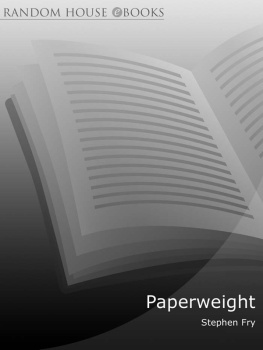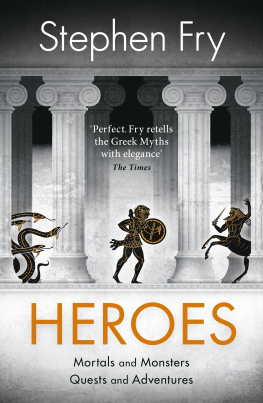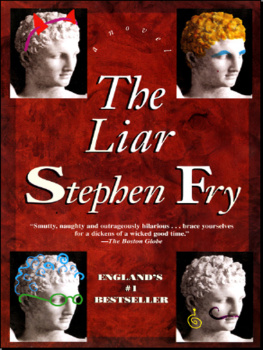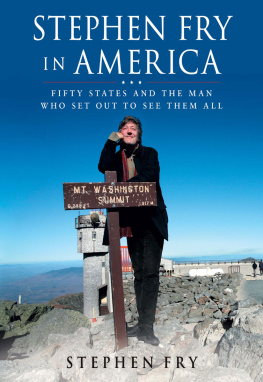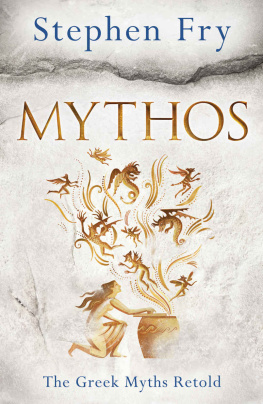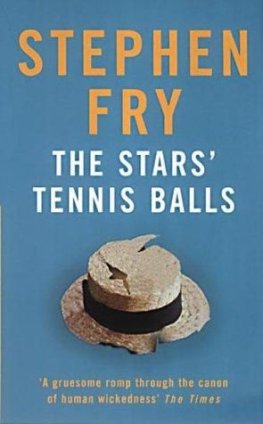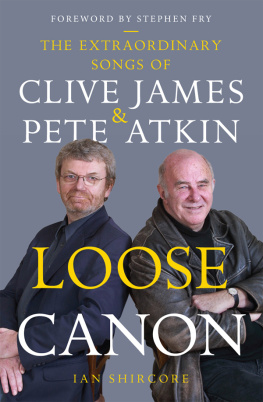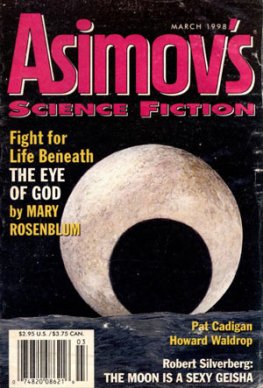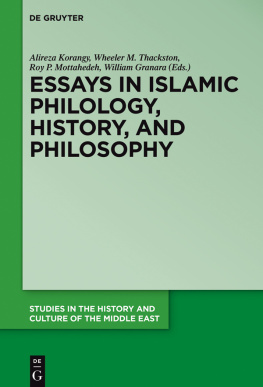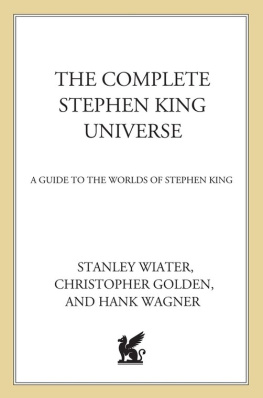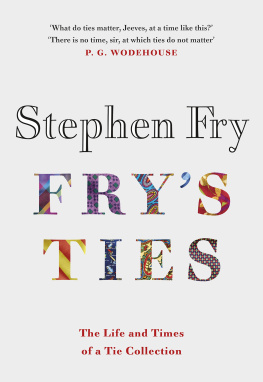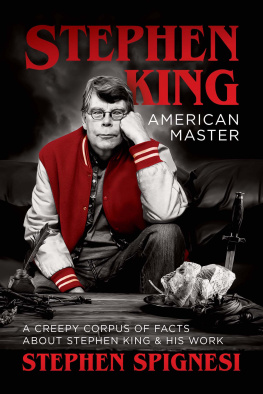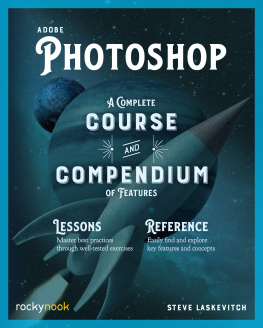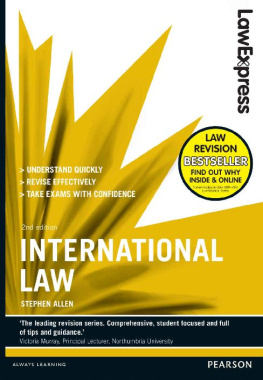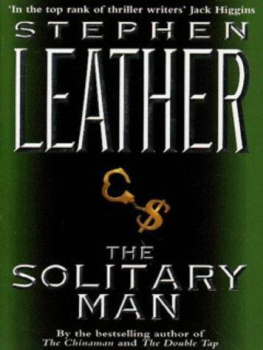Paperweight
Stephen Fry

This eBook is copyright material and must not be copied, reproduced, transferred, distributed, leased, licensed or publicly performed or used in any way except as specifically permitted in writing by the publishers, as allowed under the terms and conditions under which it was purchased or as strictly permitted by applicable copyright law. Any unauthorised distribution or use of this text may be a direct infringement of the authors and publishers rights and those responsible may be liable in law accordingly.
Version 1.0
Epub ISBN 9781409037767
www.randomhouse.co.uk
Reissued in 2004 by Arrow Books
9 10
Copyright Stephen Fry 1992
The right of Stephen Fry to be identified as the author of this work has been asserted by him in accordance with the Copyright, Designs and Patents Act, 1988
This book is sold subject to the condition that it shall not, by way of trade or otherwise, be lent, resold, hired out, or otherwise circulated without the publishers prior consent in any form of binding or cover other than that in which it is published and without a similar condition including this condition being imposed on the subsequent purchaser
First published in the United Kingdom in 1992 by William Heinemann First published in paperback in the United Kingdom in 1993 by Mandarin
Arrow Books
The Random House Group Limited
20 Vauxhall Bridge Road, London SW1V 2SA
www.rbooks.co.uk
Addresses for companies within The Random House Group Limited can be found at: www.randomhouse.co.uk/offices.htm
The Random House Group Limited Reg. No. 954009
A CIP catalogue record for this book is available from the British Library
ISBN 9780099457022
Contents
Paperweight
Over the years, when not wearing his acting, television or novelist trousers, Stephen Fry has written many articles and itemries for magazines, newspapers and radio. Collected together in this excellent volume the reader will find the print debut of Professor Donald Trefusis, a previously undiscovered Sherlock Holmes mystery, discourses on the subjects of piles and critics and many more witty and incisive articles from the pages of the Listener and the Daily Telegraph.
As the title suggests, Paperweight will make a handy desk-top accessory as well as a friendly literary guacamole into which the tired and hungry reader might happily dip the tortilla chip of his curiosity whenever the fancy takes him.
Huge, crammed, wise, hilarious and utterly captivating Literary Review
Moving effortlessly from odd socks and coffee granules to the meaning of life, there is punch behind every punchline... Engaging and witty Mail on Sunday
Achingly funny The Times
[Frys] particular enjoyment of the English language is what makes his writing so funny: he stretches out the syllables of a word to get at least six innuendoes across, and the glory of having seen him so often on the screen is that he comes alive in your imagination to deliver the lines he has written Daily Mail
Also by Stephen Fry
FICTION
The Liar
The Hippopotamus
Making History
The Stars Tennis Balls
NON-FICTION
Moab is My Washpot
Rescuing the Spectacled Bear
The Ode Less Travelled
with Hugh Laurie
A Bit of Fry and Laurie
A Bit More Fry and Laurie
Three Bits of Fry and Laurie
Introduction
Welcome to Paperweight. My first act must be to warn that it would be a madness in you to read this book straight through at one sitting, as though it were some gripping novel or ennobling biography. In the banquet of literature Paperweight aspires to be thought of as no more than a kind of literary guacamole into which the tired and hungry reader may from time to time wish to dip the tortilla chip of his or her curiosity. I will not be held responsible for the mental indigestion that is sure to be provoked by any attempt to bolt the thing whole. Snack books may not be the last word in style, but for those sated and blown by the truffles and quenelles of the master chefs in one kitchen, or flatulent with Whoppers and Super Supremes from the short-order cooks in the other, it may just be that Paperweight will find a place.
Perhaps, however, it will be the other end of the alimentary canal that furnishes us with a clue as to how to manage this book: its natural home may well turn out to be the lavatory, alongside The Best of the Far Side, an old Harpic-stained copy of The Sloane Ranger Handbook and everyones cloacal favourite, The Collected Letters of Rupert Hart-Davies. It may be that each article of the book should have been flagged with a number or symbol indicating the length of time the article would take to read, that number or symbol corresponding with the health of a readers bowel. In this way the reader could determine which sections to read according to his or her diet and general enteric condition. The whole book could then be got through without ever impinging on the customers quality time. But whatever use you find for Paperweight, whether you do follow a lavatorial regime, whether you take the hint of its title and press it into service as a desk accessory, or whether you merely wish to deface the photograph of that disgusting man on the front cover, I wish you years of trouble-free, stain-resistant use.
To collect together the swarf of six or seven years of occasional toiling in the workshops of journalism and radio (an absurd metaphor and of a kind that belle lettristes do not seem to be able to avoid how is writing articles even remotely like toiling in a workshop? Get to the bloody point) might seem like an act of insupportable arrogance. My only answer to that is to say that the publishing atrocity you hold in your hands is, in fact, an act of supported arrogance. It exists because over the years I have received many letters from readers and listeners asking if there might be made available to them some permanent record of the articles and broadcasts which I have so pitilessly inflicted upon an incredulous public presumably with a view to threatening their children or using the resultant book as an accessory in some satanic ritual. Paperweight is, anyway, the consequence of such entreaties, I trust those responsible will profit from the lesson.
(Whats all this there might be made available to them some permanent record and the consequence of such entreaties? Why do you have to descend to this greasy style traditional in Forewords? And where do you get off with all this mock humility? this publishing atrocity I have so pitilessly inflicted. Repulsive.)
My first forays into the kind of writing represented in this book (Forays? forays? What kind of word is that? Get a grip.) began in 1985 when Ian Gardhouse, a BBC radio producer of previously unspotted character, asked me to contribute to a programme of his called Colour Supplement. One or two of the broadcasts I made for this short-lived venture are contained in the Radio section of this book.
Colour Supplement gave way to Loose Ends, on the first programme of which I introduced a character called Professor Trefusis. It was Ian Gardhouses idea. The week before our first transmission, a real-life academic, it seems, had been appointed by the government to inquire into sex and violence on television. Gardhouse thought it would be appropriate for me to broadcast as that academic, delivering opinions on a medium with which a cloistered don would be completely unfamiliar. I came up with an ageing Cambridge philologist of amiable but sometimes vituperative character called Donald Trefusis.

